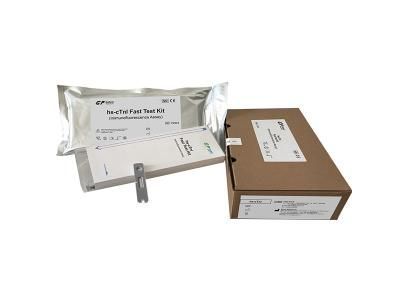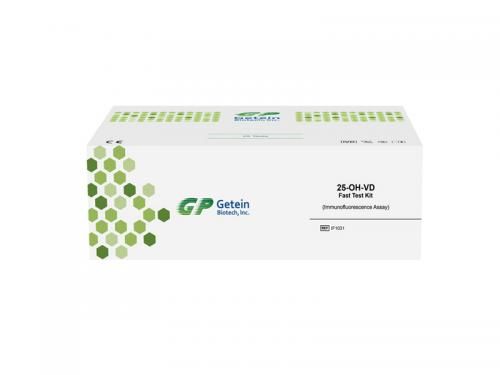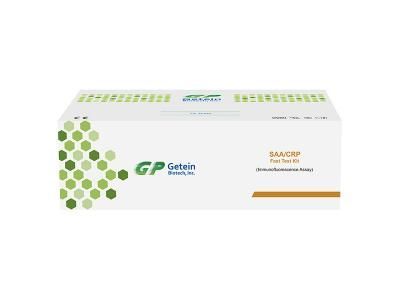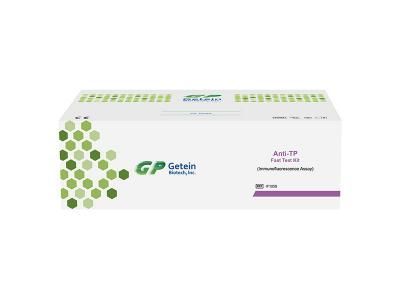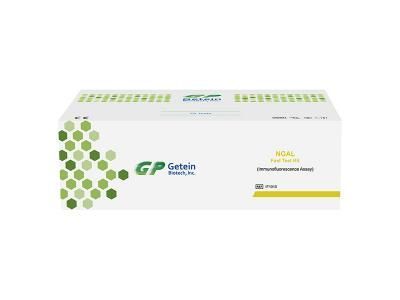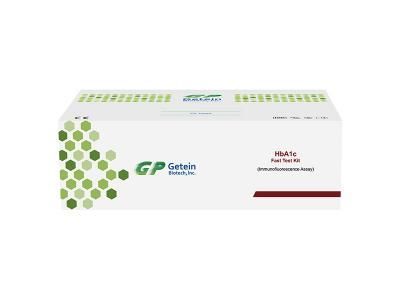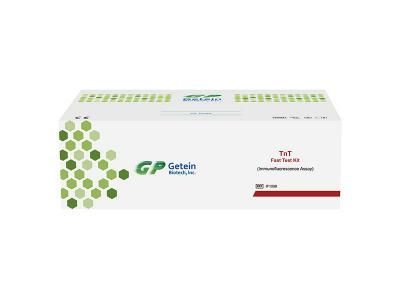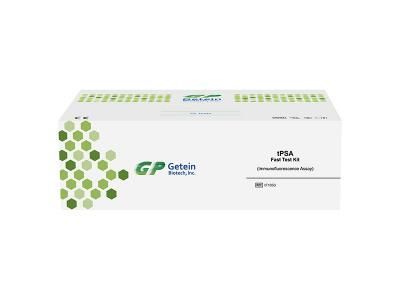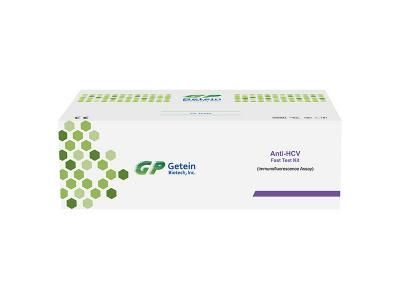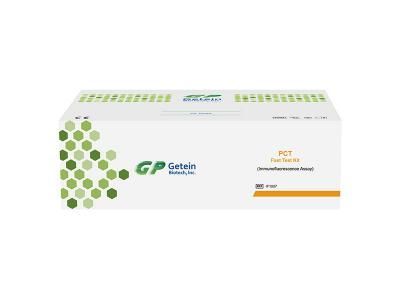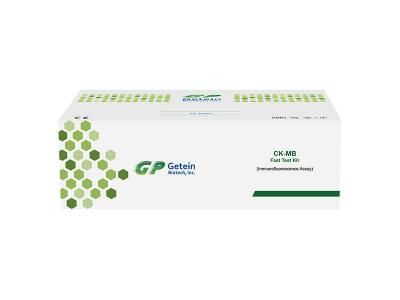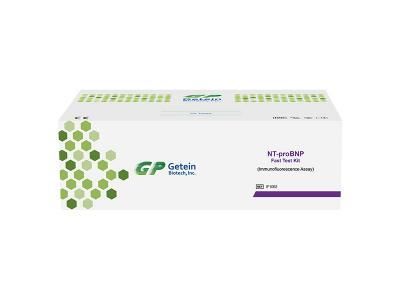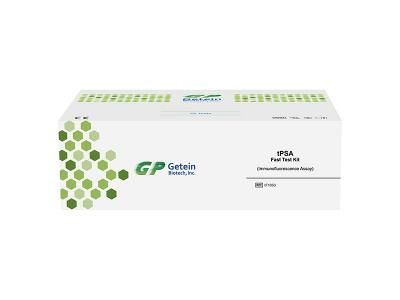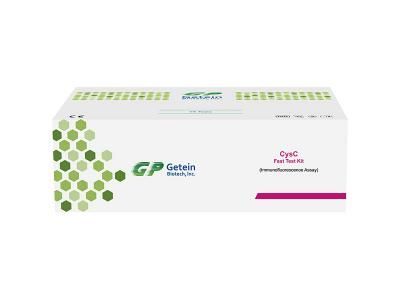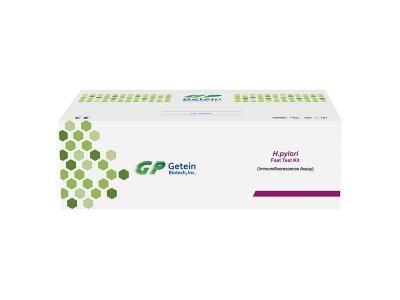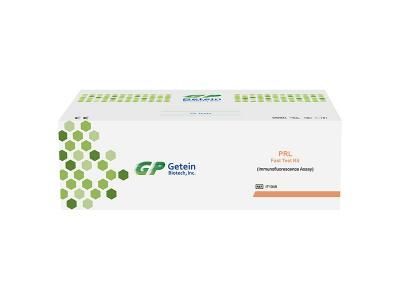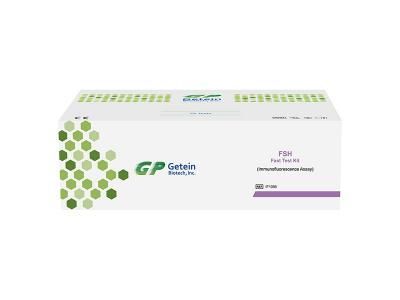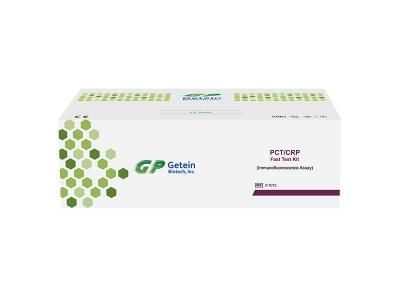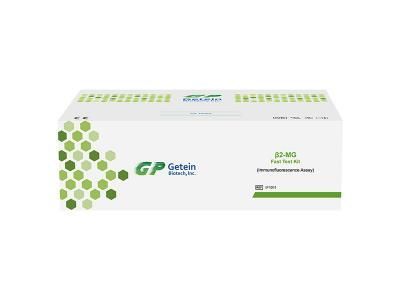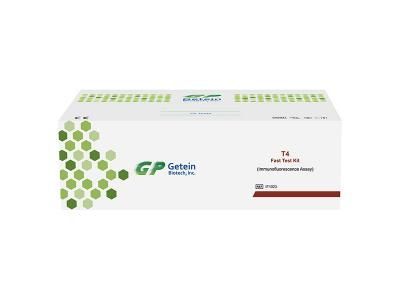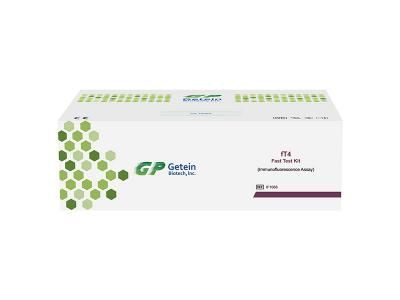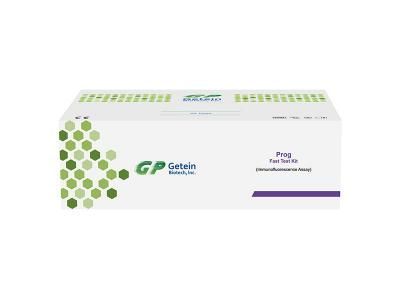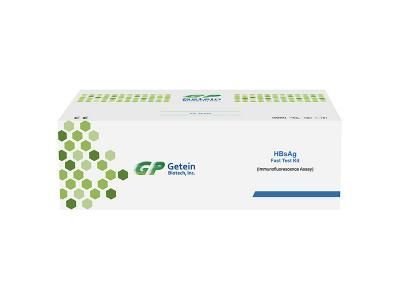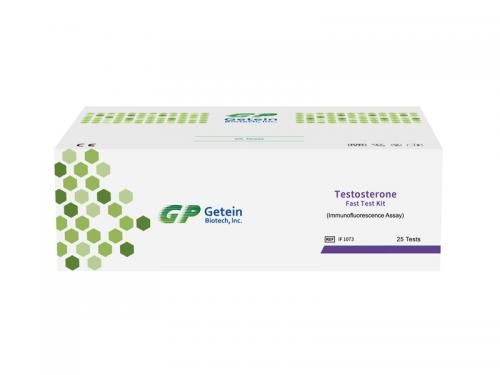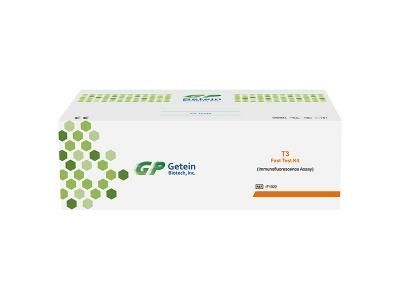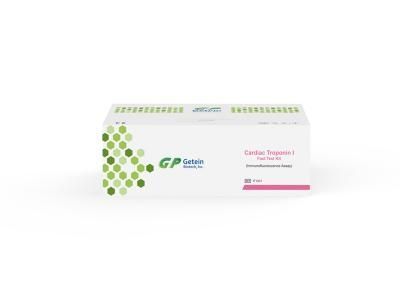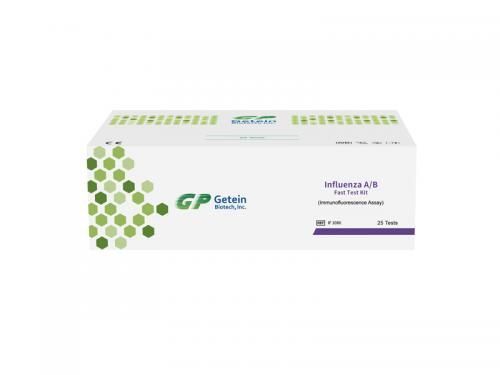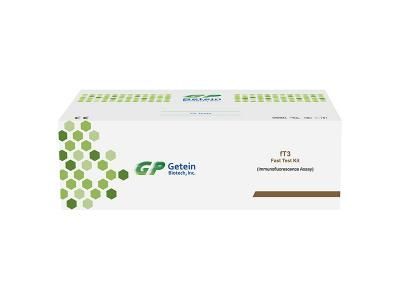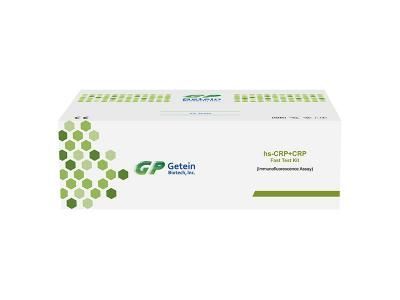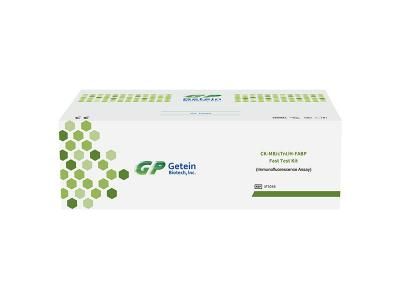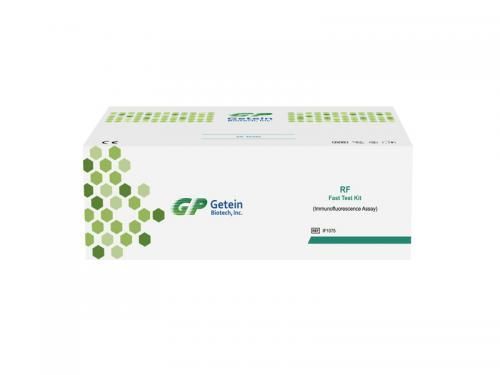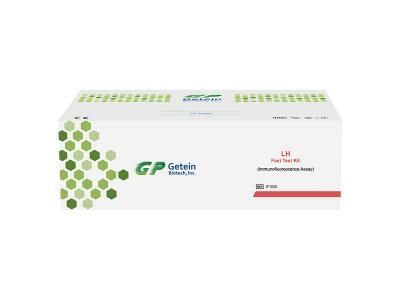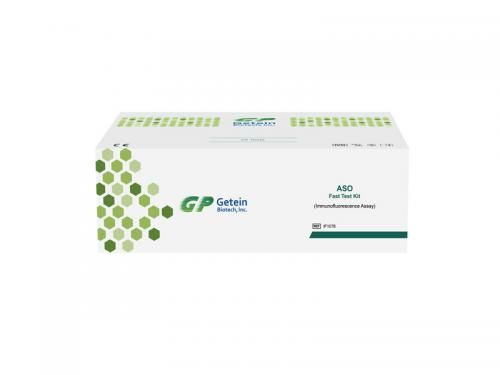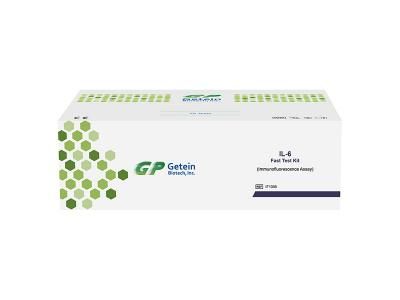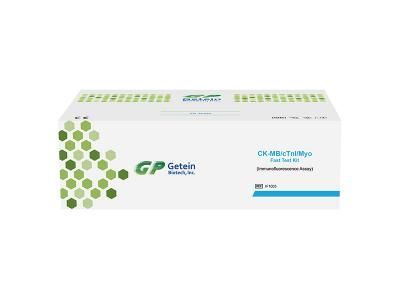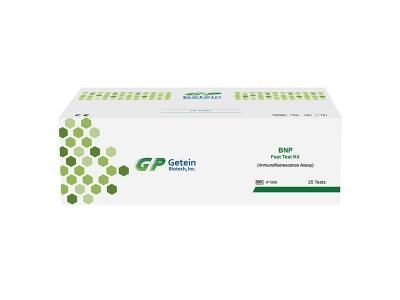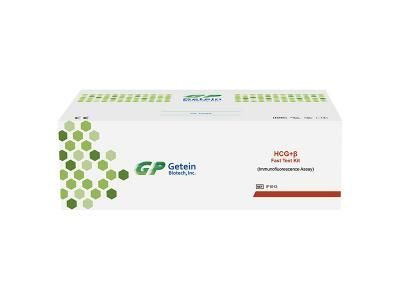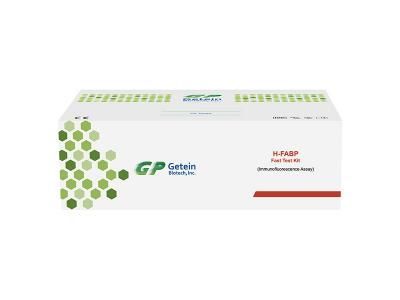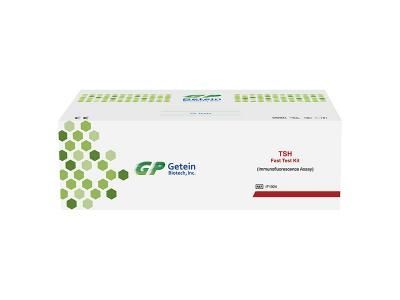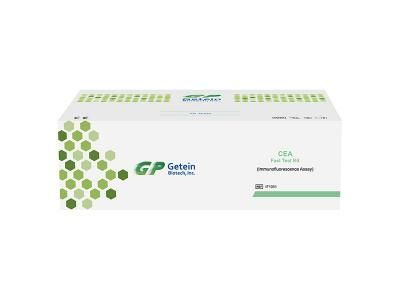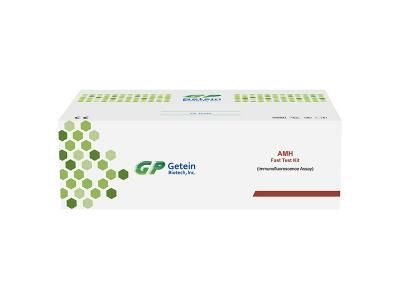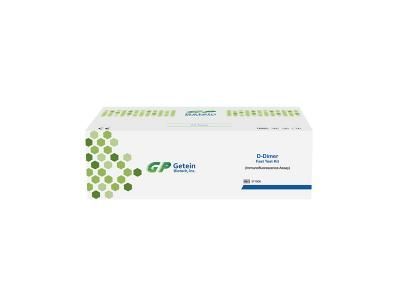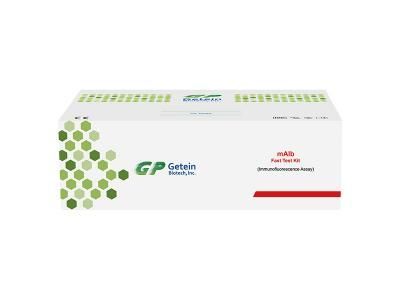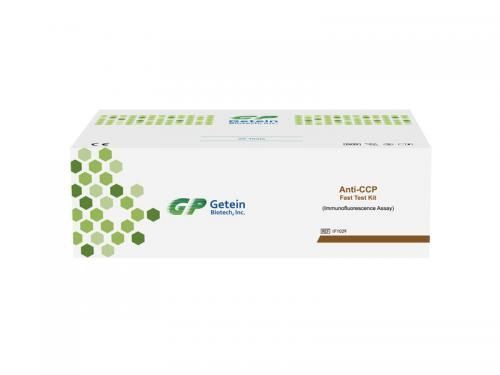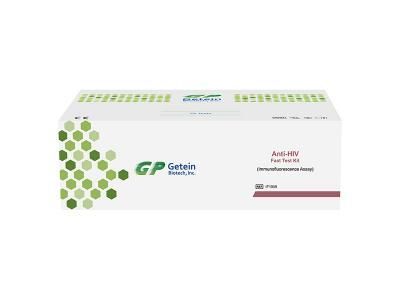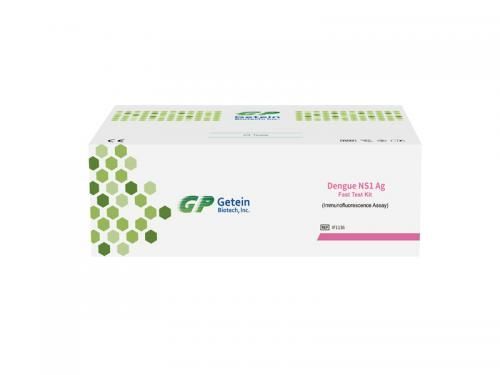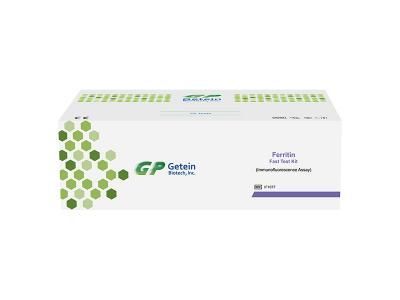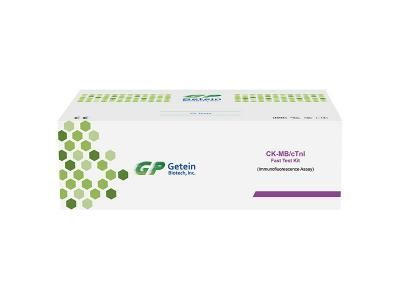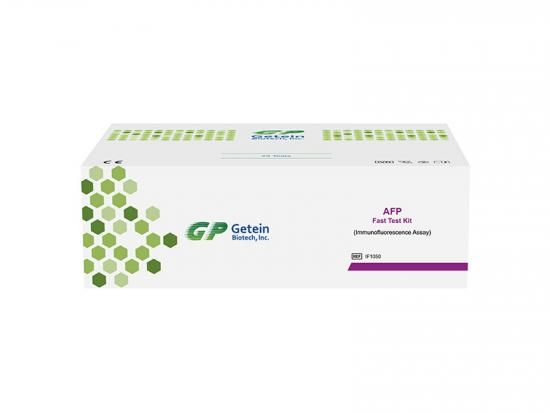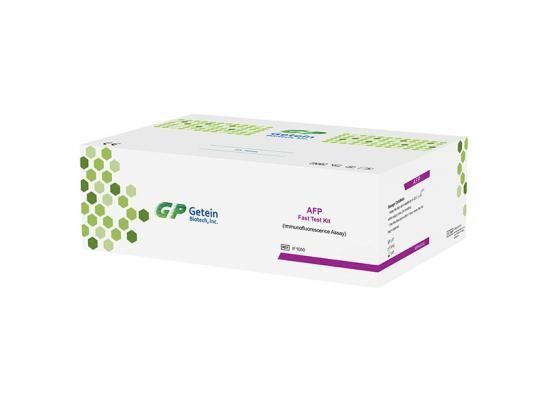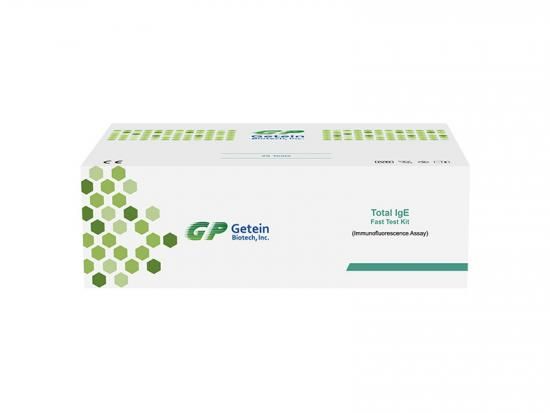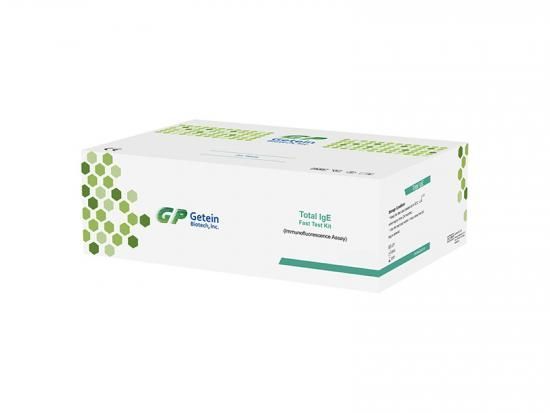Getein hs-cTnI Fast Test Kit can be used as an aid in the diagnosis of myocardial infarction (MI).
Intended Use
The hs-cTnI Fast Test Kit (Immunofluorescence Assay) is intended for in vitro quantitative determination of cardiac troponin I (cTnI) in human serum, plasma, and whole blood samples. The highly sensitive cTnI (hs-cTnI) Fast Test Kit can be used as an aid in the diagnosis of myocardial infarction (MI).
About hs-cTnI
Troponin is a molecular complex bound to the thin filament (actin) of striated muscle fibers. It acts with intracellular calcium to control the interaction of the thin filament with the thick filament (myosin), regulating muscle contraction.
Troponin consists of three regulatory proteins:
- T: Connects the troponin complex and tropomyosin (another cardiac muscle regulatory protein).
- I: Prevents muscle contraction in the absence of calcium.
- C: Binds calcium.
Cardiac Troponin I (MW 22.5 kDa) and the two skeletal muscle isoforms of Troponin I have considerable amino acid sequence homology, but cTnI contains an additional N-terminal sequence and is highly specific to myocardium. Due to its high myocardial specificity and long duration of elevation, cTnI has become an important marker in diagnosing and evaluating patients suspected of having an acute myocardial infarction (AMI).
Specifications
Test Item:
hs-cTnI
Sample:
Serum, Plasma, Whole Blood
Method:
Immunofluorescence Assay
Storage Condition:
4-30℃
Detection Range:
0.010-50.000 ng/mL
Test Time:
10 min
Cut-off Value:
0.040 ng/mL
Shelf Life:
24 months
Applicable Devices
- Getein 1160 Immunofluorescence Quantitative Analyzer
- Getein 1180 Immunofluorescence Quantitative Analyzer
- Getein 1200 Immunofluorescence Quantitative Analyzer
- Getein 1600 Immunofluorescence Quantitative Analyzer
Clinical Applications
- Aid in the early diagnosis of acute coronary syndrome (ACS) and acute myocardial infarction (AMI).
- Evaluate the severity of myocardial damage.
- Aid in diagnosing myocardial injury diseases caused by various conditions such as infection and poisoning.

